

In an unfortunate turn of events, EA announced last November that Dawngate would be shutting down within 90 days. That day is quickly approach, as February 5th is the last time that anyone will ever be allowed on the Dawngate servers, or at least as long as EA owns the IP. According to EA, the game hadn’t quite developed the large community following that they were hoping for; basically they didn’t think it was going to be profitable enough. Even though the game was far from perfect, it was definitely not the worst MOBA to come out in the last year. Now, more than ever, seems like the perfect time to look back on Dawngate and remember the few aspects that it got right. Especially after an article from the MMOGames eSports expert back in November talking about four reasons Dawngate failed.
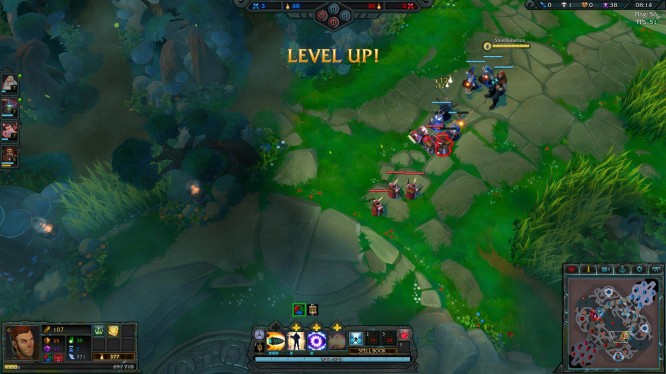
It looks like there won’t be any more “leveling up” in Dawngate after February.
While there is a bit of an adrenaline rush when two teams are simultaneously attempting to destroy the enemy’s core in a go-for-broke strategy, a stationary endgame is generally pretty boring. In most MOBAs you usually have a pretty good idea if you can take down the enemy’s Nexus, or Ancient, because it just sits there and takes it. In Dawngate it’s a completely different story. The Guardian was one of the most intense battles that any MOBA had to offer due to its wide array of special abilities and avoidable skillshots. Not only did players now have to worry about the enemy team defending their base, but the base attacks back. This might sounds a little gimmicky to MOBA veterans, but it really adds an exciting dynamic that hasn’t been well developed yet by others in the genre.
One of the first MOBAs to really implement a final boss, instead of a stationary structure, was SMITE with the Minotaur, but it’s relatively simple and doesn’t add much depth to the game. Instead of just being a single fight, the Guardian in Dawngate has five cores that fuel its special abilities and must be destroyed before the Guardian itself becomes vulnerable. This emphasizes teamwork in order to disable the most dangerous spells first and keep them offline, but it also had a tendency to delay matches that probably should have ended 10 minutes ago. In addition to the final boss, there was also a Parasite mini-boss (think Baron Nashor) that acted similar to the Guardian, minus the cores. Once destroyed he’d spawn super creeps and provide the killing team with a gold bonus. What made these fights so good is that they actually felt like bosses and required players to react to their actions; this led to a truly rewarding experience.
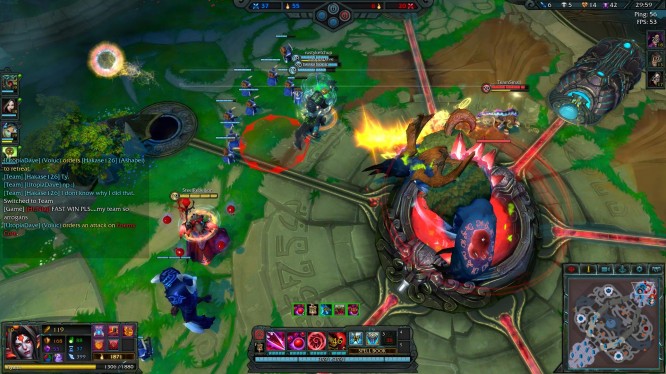
The bigger the boss fight the better.
Regardless of how well one plays League of Legends, DOTA 2, or pretty much any other MOBA on the market, there’s usually some form of global, passive gold granted to all players. Well what happens if you could completely shut down the enemy’s income, or better yet steal it for yourself? This is exactly what Dawngate implemented. Instead of just handing players gold, their spirit well workers had to earn it. Periodically throughout a match these spirit wells would unlock and the enemy team was given an opportunity to both kill the workers for a decent amount of gold and capture the wells, essentially shutting down the enemy team’s passive income. Even though this seemed like only a small amount of gold, if one team dominated all four wells for the entire game this ended up equating to a significant advantage. Furthermore, this created four additional objectives that players had to fight over, which led to more interesting strategy and gameplay.
Dawngate had one of the better item shops in any MOBA to date. It was easy to use. It was descriptive. It was diverse. And it didn’t require characters cluttering up their inventory with a bunch of partially completed items. It uses an item system similar to the one that SMITE eventually decided to adopt. Instead of purchasing pieces to formulas, the player simply purchased the item they wanted to build and upgraded it from there. The biggest difference, however, is that Dawngate offered a lot of varying paths for each item instead of just two or three options. Additionally, some of the endgame items varied dramatically and allowed for players to adapt their builds based on what their opponents were doing.
Let’s say you Initially wanted to build an item with 400 health and stacking magic resist, but if the enemy team focused on building physical damage you could easily switch to the 900 health item. The branches aren’t just slight itemization difference, but instead offered dramatically different skill builds due to power passive abilities such as area-of-effect damage, increased attack range, life link or fiery damage-over-time attacks. The items in Dawngate might not have been the most innovative, but they did offer a significant amount of flexibility; once you buy a B.F. Sword, Eaglesong or Needlessly Large Rod there are only a few choices from then on.
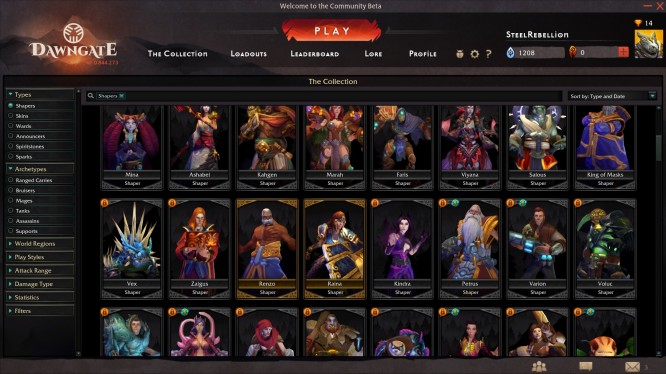
When it came to rewards anything was possible
Although the reward system in Dawngate wasn’t necessarily unanimously liked, or was even downright hated by a few, it did bring something new to the table. If you happened to get lucky the rewards were awesome. The fact that shapers, spirit stones and sparks could be unlocked in a single game is huge. Yes, luck did play a huge factor and individual skill wasn’t balanced as heavily as it could have been, but it was still far better than only earning 60 to 100 currency towards a champion that costs 7000. When I had an excellent game, and saw the dice roll high in my favor, I always got a little excited because I knew I had a chance at something big. In League of Legends when you do well you still only get around 100 influence points, which can take weeks to earn a champion. In Dawngate the rolls could troll you quite a bit, but even a few unlucky rewards weren’t much worse than the average reward in most MOBAs.
In the end, is seems like Dawngate didn’t quite make the cut, but it did try to move outside of the standard MOBA box (if only slightly) and included some interesting concepts. The boss fights were definitely the highlight of the game and little nuances like the item shop and spirits wells definitely added to the experience. It was nice knowing you Dawngate and we’re sad to see you go.
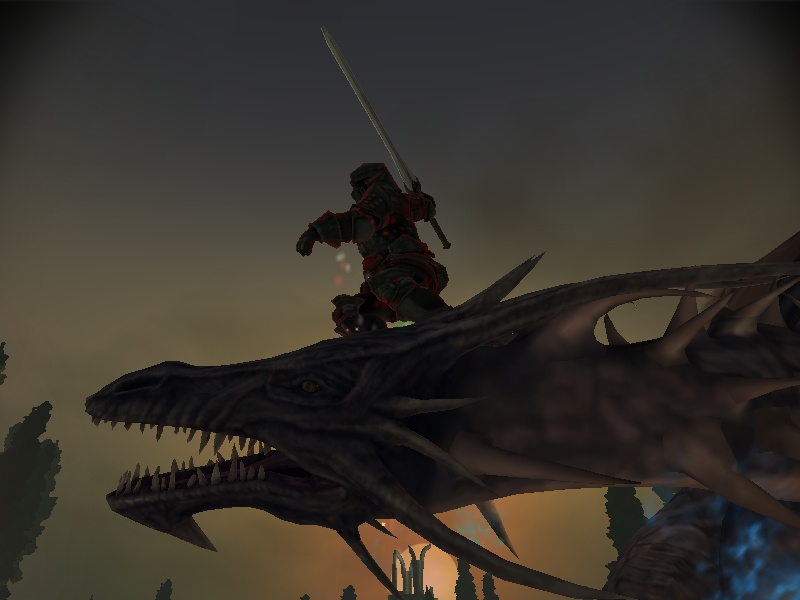
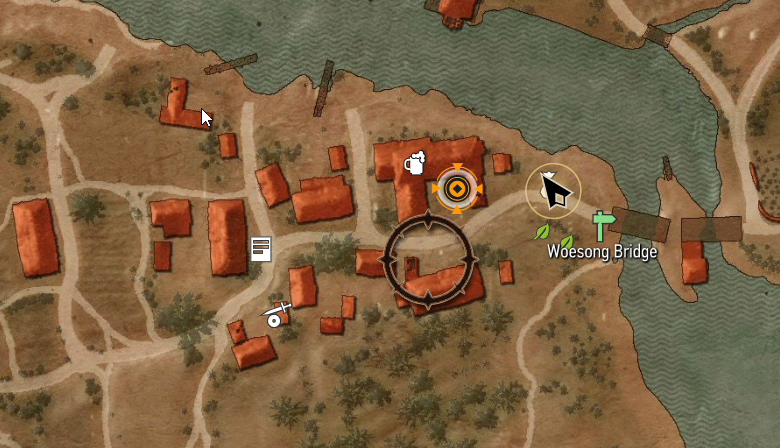
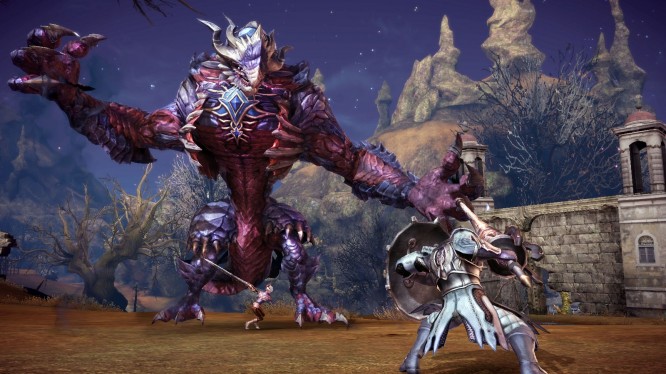
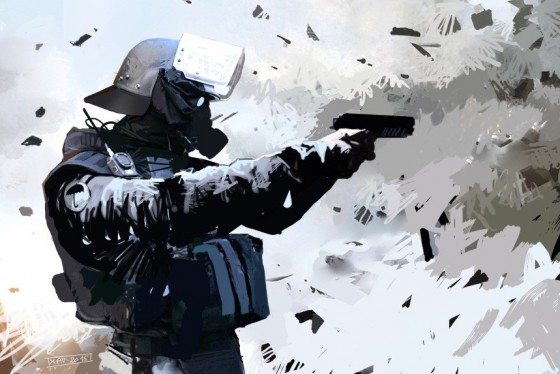
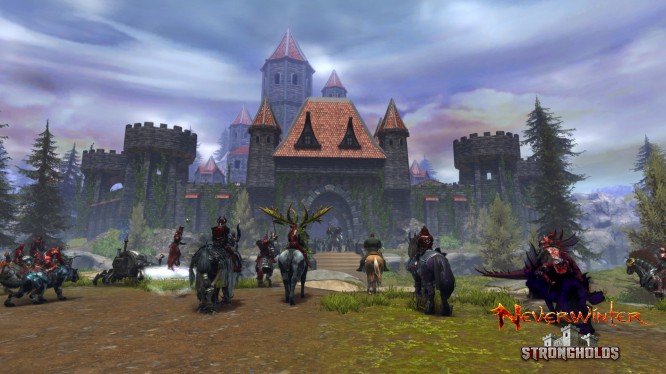 Neverwinter: Strongholds Xbox One Resource Pack Giveaway .
Neverwinter: Strongholds Xbox One Resource Pack Giveaway .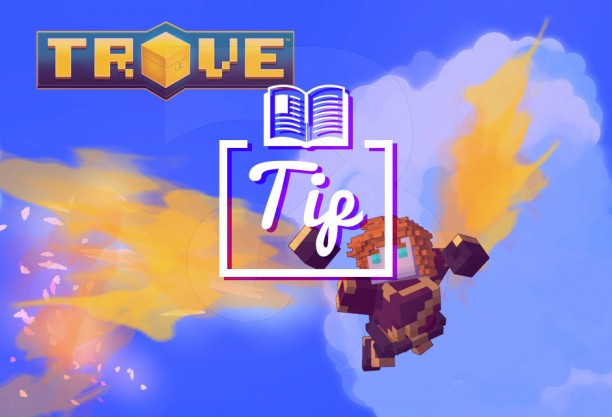 Trove: Beginners Guide to Professions
Trove: Beginners Guide to Professions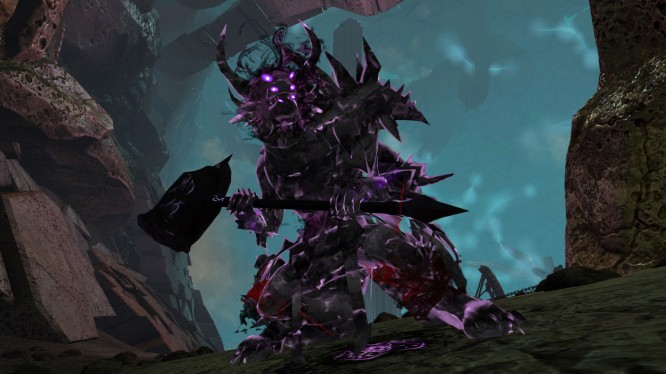 7 MMORPGs We Cannot Wait to Play .
7 MMORPGs We Cannot Wait to Play . Bel's Blog Bonanza - April 10, 2015 .
Bel's Blog Bonanza - April 10, 2015 .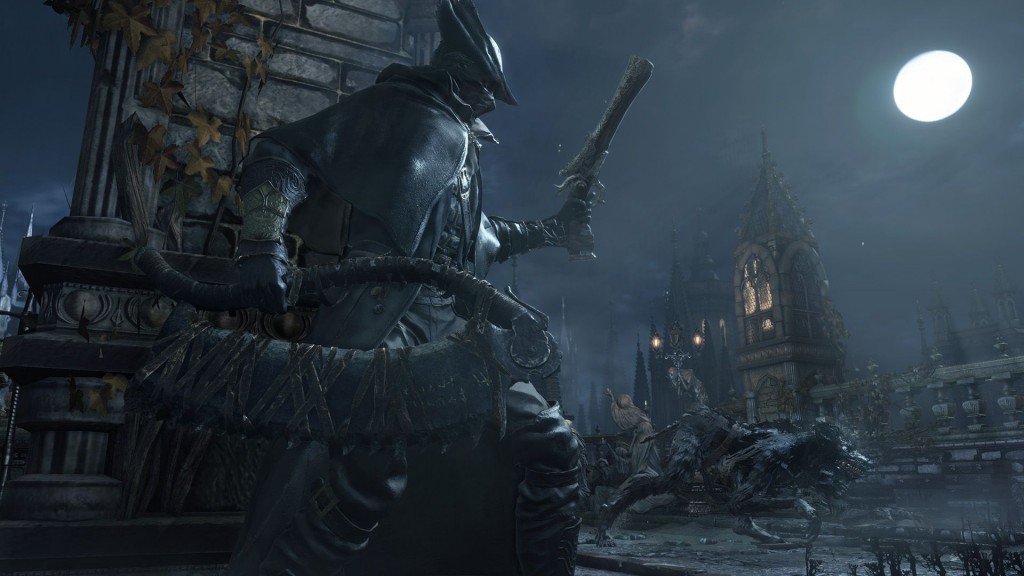 Bloodborne Guide: How To Create Chalice Dungeon, Use Makeshift Altar and Do Co-op
Bloodborne Guide: How To Create Chalice Dungeon, Use Makeshift Altar and Do Co-op